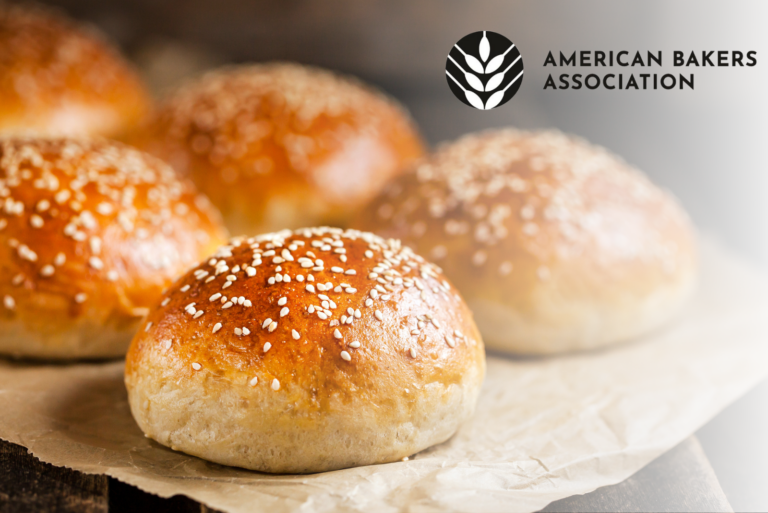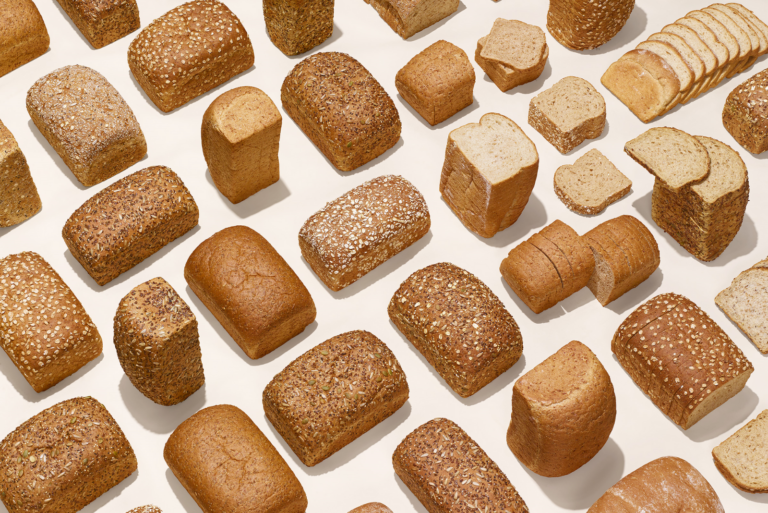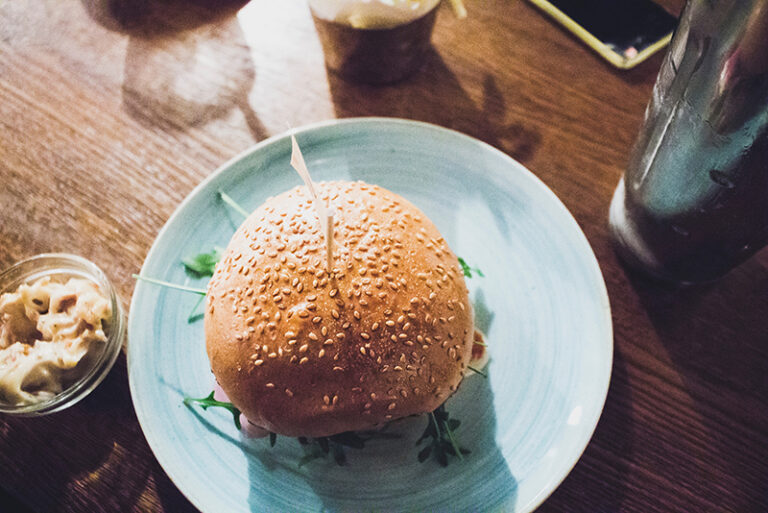KANSAS CITY, MO — The new year brought an additional obstacle for bread, bun and roll manufacturers when sesame joined the list of major food allergens under the Food Allergy Safety, Treatment, Education and Research (FASTER) Act.
For La Crosse, WI-based Kwik Trip, the impending impact of the FASTER Act caused the team to reevaluate its active SKUs. The company’s bratwurst bun was the only product manufactured with sesame at the time, and the team faced a decision: Include sesame on every bun produced or cut the SKU. Sales data dictated the decision to eliminate the product.










